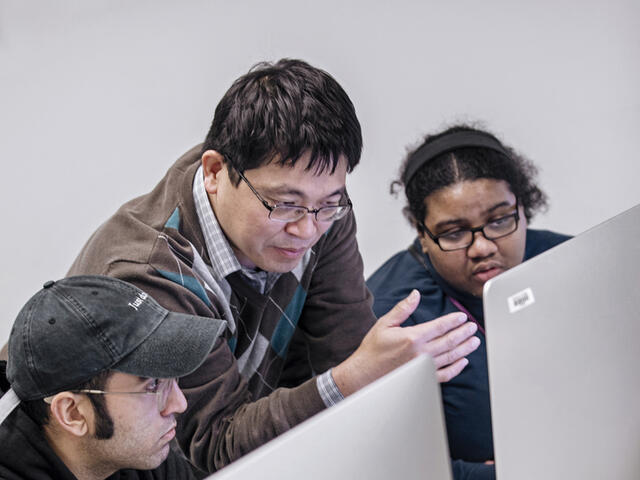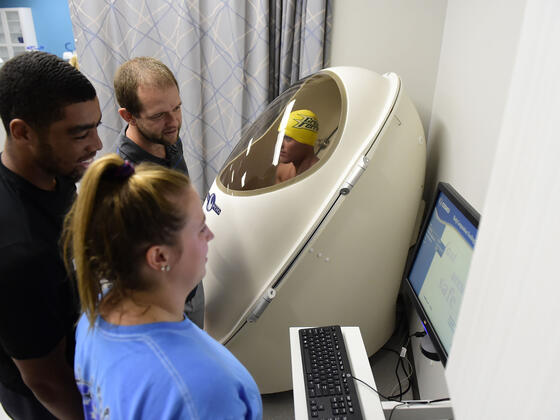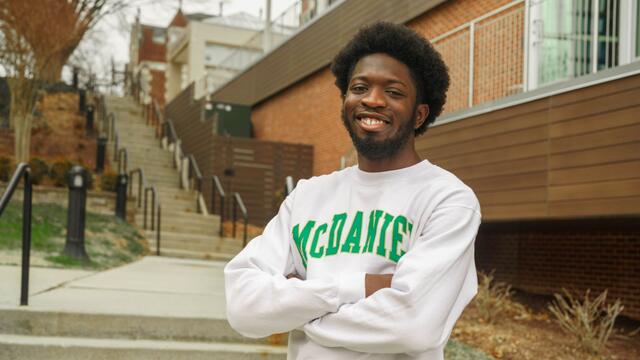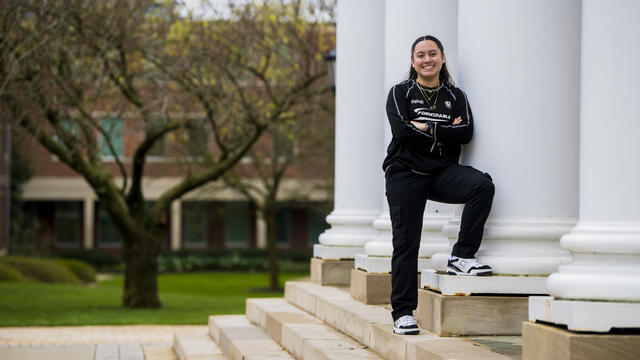Computer Science
Are you interested in a career that combines your passion with technology? Consider obtaining a degree in Computer Science from McDaniel. An understanding of coding, software engineering and other computing skills easily translates into various industries ranging from healthcare, education and the military, to careers with companies like Netflix, Amazon, and Facebook. Investing in a degree in Computer Science from McDaniel is guaranteed to set you up for success!
The McDaniel Commitment in Action

Systems engineering internship prepares Computer Science major for national security career Hands-On Experience
Career Opportunities and Networking
With the one-on-one guidance of your faculty mentors and advisors, you’ll focus on the practical knowledge and career skills that will prepare you to succeed in a professional environment. And as you build your step-by-step plan for life after the Hill, you’ll have everything you need to become who you’ve always wanted to be.
Explore the Center for Experience and Opportunity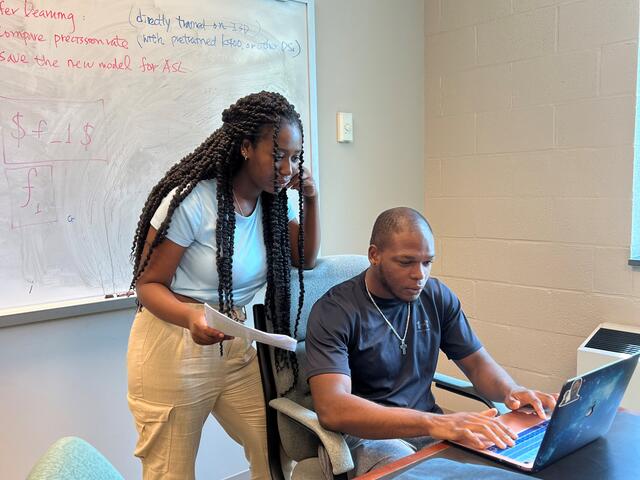
Practical applications Machine learning research prepares Computer Science majors for competitive careers Student-Faculty Summer Research Program
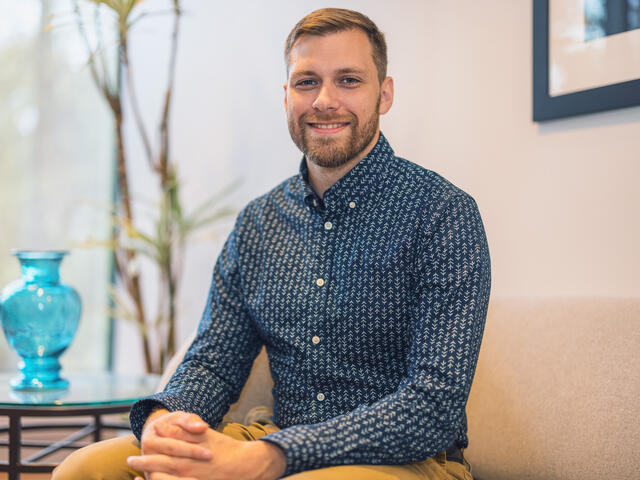
Meet Two Green Terrors
